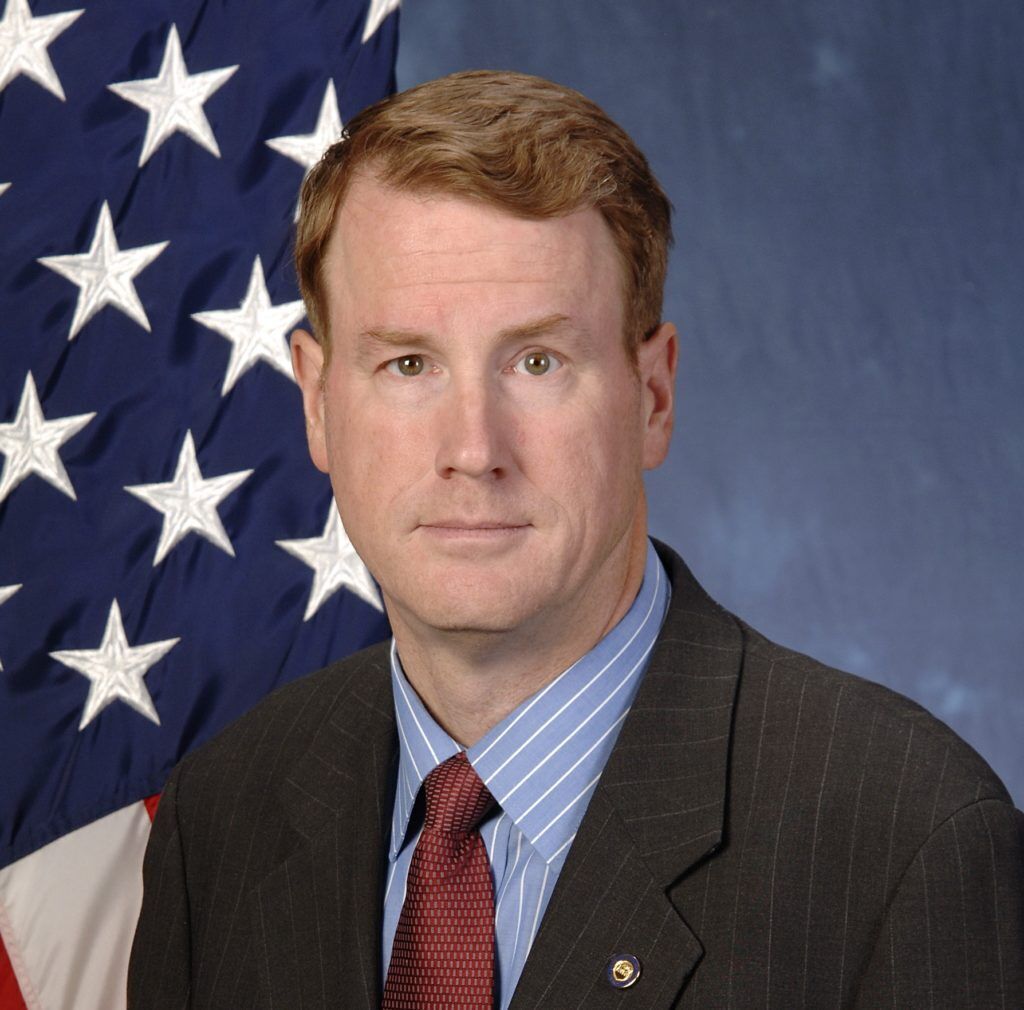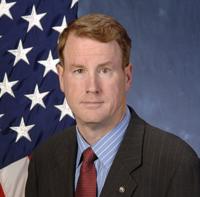BIDLACK | Government roles voters shouldn’t select

Hal Bidlack

Hal Bidlack
In the days since the remarkable 2022 election, you have no doubt been overwhelmed by the non-stop coverage of the various outcomes for various elected offices across our great state and country. As a proud Democrat, I’m rather pleased overall, given that a first-term president like Joe Biden usually loses an average of 26 seats in the House and 4 in the Senate. Sometimes it is far more dramatic, such as back in 2010, when President Barack Obama saw his party lose an astonishing 63 seats in the House and 14 in the Senate. And don’t get me started on Grover Cleveland, who lost 127 House seats back in 1894.
And I’m certainly delighted to see that Colorado is becoming an even darker shade of blue that most folks thought possible. We elected a terrific governor for a second term and my old boss (and a guy who’d make a tremendous president) Michael Bennet to the Senate. Oh, and my old friend Jason Crow, a legit hero, was reelected to the House, which is great! Quite the election night, right?
But I’m not going to talk about any of that.
I’m guessing you have had quite your fill of election news and may be reading my column in hope of finding a bit of a diversion from the ongoing political chatter and analysis. Perhaps you are looking for an interesting fact, such as Sudan having more pyramids than Egypt (255 to 138) or that your eye’s pupil is a part of the body that is in every medical textbook, but that doesn’t really exist (ponder that one).
But instead, as a former professor of political science and alleged expert on the Constitution and voting, I’m going to talk with you about things we as regular old citizens should not be voting on, based on the ballot that you dear readers recently submitted to your county clerk and recorder. Elections are great things, but there is tremendous variation across the U.S. regarding which officials stand for election and which are appointed. Spoiler: we vote on too many here in the Centennial State.
From election to election, your ballot and mine (unless you are here in El Paso County) will vary slightly, but let’s get started, shall we?
Prior to working on Sen. Bennet’s staff, I served as a member of the 4th Judicial Review Commission, one of the 22 judicial districts across the state. I was appointed to that body by then-Gov. Bill Ritter. Each district has a DA and varying numbers of district judges and county judges therein. Each commission is charged with observing, interviewing and reviewing the performance of every judge in that district that is coming up for a retention vote, and to vote on a recommendation for each judge and then also to write up the paragraph on each judge that appears in that blue booklet you get before each election. In other words, the members of the commission (roughly a dozen when I was on it) are the experts on the work and quality of every judge.
Frankly, most voters rarely ever spend even a moment reviewing the booklet. It would make much more sense for the formal review and retention decision to be made by that judge’s review committee. You know, actual experts deciding, rather than regular voters who likely don’t really get that involved. There could certainly be a review or appeal process, but basically, unless you are on a commission, we shouldn’t be voting on judges.
Similarly, there are several county offices that are elected that should simply be appointments by the local county commissions (which, of course, are elected). It makes no sense to me for the voters to decide on who the county surveyor should be. My first guess would be, I dunno, a surveyor. And I’m guessing that years of experience would be a plus here. But we vote on that office.
I can’t think of a single good reason for electing the county coroner. I’m thinking that the person who deals with dead bodies and such should be a medical doctor who is a pathologist and/or holds other specific skills in the area of forensic medicine. Instead, we vote on that office. In theory, we could elect wholly unqualified people to that office (we came close here in El Paso County), and that would be a very bad thing.
The assessor is also an office that we vote on but shouldn’t. Here in my county, whomever the GOP nominates for that office (or any of the others I’m talking about) will win, regardless of qualifications. The assessor should be a person who is expert in the skills and knowledge required in that important and often provocative office. I’d be content to have a true expert in that office, again selected by the county commission.
We also vote on treasurers, who occupy an entirely bureaucratic office. The county treasurer doesn’t decide who owes what. Rather, he or she only collects the checks when people pay their taxes. I’d very much like the occupant of that office to be someone who has years of experience and fully understands the role, rather than a partisan person.
The same goes for clerk and recorder. Why in the world do we vote on the folks that will oversee license plates and such, and who oversees the counting of ballots? If there is any job that should be truly unelected and non-partisan, it is the election overseer.
I could go on, but here in El Paso County, about as deep red as it gets, GOPers tend to get elected to these local offices and then every four years either get reelected or swap out for another office that the Republicans pass around. Thus, we end up with county commissioners becoming clerk and recorders and said clerks becoming treasurers and so on. We can do better.
We could empower our county commissions, mayors, and such (it will vary somewhat from place to place) to appoint and to oversee these positions that voters, frankly, shouldn’t be able to touch. I don’t want, for example, to know that my county coroner was a big political operative for one party or the other — I want that person to be a medical expert and I don’t care what his or her partisan alignment is.
So, ironically in the days immediately following an election, I’m arguing for fewer elected positions.
We should demand that our actual elected officials be careful overseers of the positions noted above, and that those selected to serve in those offices be, well, experts and not partisans.
Hal Bidlack is a retired professor of political science and a retired Air Force lieutenant colonel who taught more than 17 years at the U.S. Air Force Academy in Colorado Springs.





